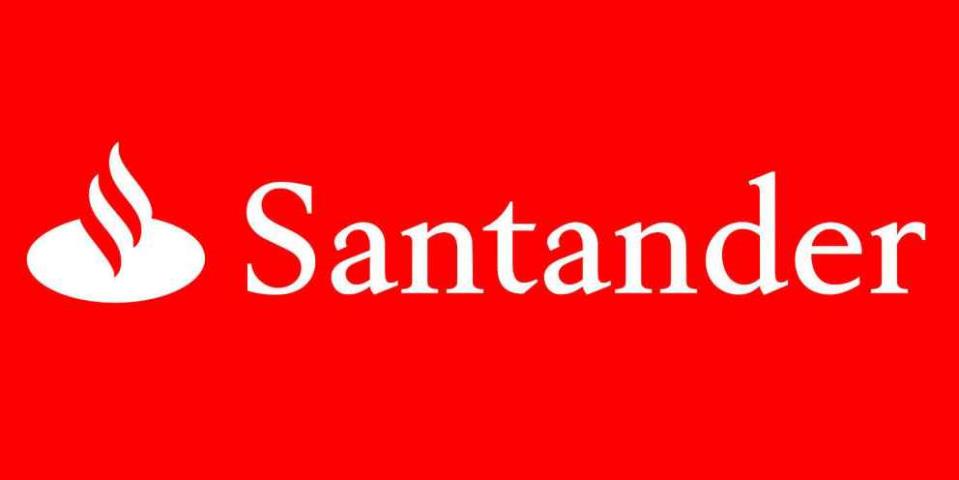The news that Portuguese Banif Bank, which has a considerable presence in Malta, has been sold to Spain’s Santander was given this week after Banif Malta vaguely announced that its process to select a strategic partner to take on the bank’s main shareholding had been concluded.
Since then, Spain’s Santander has been revealed as Banif’s buyer.
As part of the agreement, Banif will be broken up and mostly sold to Santander SA, while receiving a €3 billion large capital injection from the government. The so-called resolution for Banif, which will protect all depositors but not shareholders and subordinated creditors, is the second in Portugal in a little over a year, after that of Banco Espírito Santo SA.
The government in Lisbon took the decision to wind down Banif less than two weeks before stricter rules for winding down banks are set to go into effect. Under these rules, senior bondholders and uninsured depositors could also face losses.
Late Sunday, newly-appointed Prime Minister António Costa criticised the previous government for not resolving the issue earlier and raised questions over the banking supervision. “This process confirms the need for us to reflect with the Bank of Portugal and other regulators of the financial sector about the supervision framework,” he said.
In the case of Banif, the resolution stems from difficulties in repaying money injected by the state earlier and the need to have a restructuring plan approved by European authorities.
The government injected €1.1 billion of fresh capital into the lender in January 2013 to allow it to meet minimum capital thresholds imposed by the banking regulator. In exchange for €700 million, the state got a 60% stake in the bank. The state also invested €400 million in contingent convertible bonds, so-called Cocos. But the lender failed to repay €125 million of the Cocos late last year and that triggered close scrutiny by the European Commission, which opened an investigation into the legality of the state aid.
On Monday, the EU’s competition watchdog approved Portugal’s decision to give aid to the lender.

“Banif’s shareholders and subordinated debt holders fully contributed to the cost of resolution reducing the need for state aid, in line with burden-sharing principles,” the commission said, explaining its decision to allow the aid measures.
Margrethe Vestager, EU Commissioner for Competition Policy, said on Monday: “Banks cannot be artificially kept in the market using taxpayer money. Banif had already received significant state aid but could not become viable again on its own. The measures approved today now enable Banif’s orderly exit from the market, and for a robust bank to take over a large part of its activities to the benefit of its customers.
“The recently elected Portuguese government had to react swiftly in a difficult situation and I appreciate that a solution was found in cooperation with the Portuguese authorities.”
In a statement, the Bank of Portugal said given the urgency in resolving the issue, authorities found the resolution to be the best solution for the bank and its depositors.
Under the resolution, Santander will buy most of Banif’s assets, including deposits and loans, for €150 million. The state will inject €2.26 billion to cover future contingencies. Souring assets, which include real estate, will be transferred to a vehicle that will later be liquidated. That transfer will cost the state an additional €422 million, according to the European Commission, which said the state has also provided a guarantee to cover “potential recent changes of values” in the parts sold to Santander.
Santander said following the acquisition, which won’t be material to its capital position, its Portuguese unit that will absorb Banif will become the country’s second-largest private lender.
Banif is the eighth-largest commercial bank in Portugal when measured by book-asset value, and has a strong presence in the Azores and Madeira islands. Deposits totalled €6.3 billion. The bank has reported a small net profit for the nine months of this year following sharp losses in 2014, triggered by charges over souring loans.
Banif Bank has operated as a fully-licensed Maltese bank since 2008 and has successfully established a retail network of 12 branches in addition to developing three Corporate & Business Banking Centres along with a local trading room. Prestigious awards have been bestowed on Banif in recognition of the bank’s financial performance, sound corporate governance and provision of innovative client solutions.